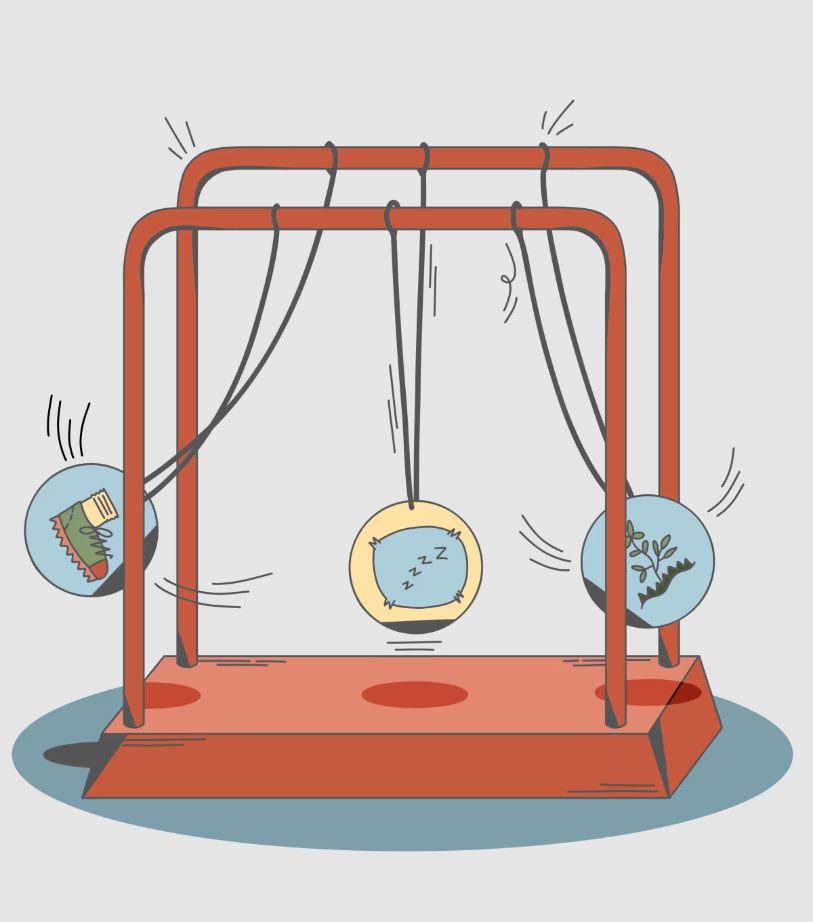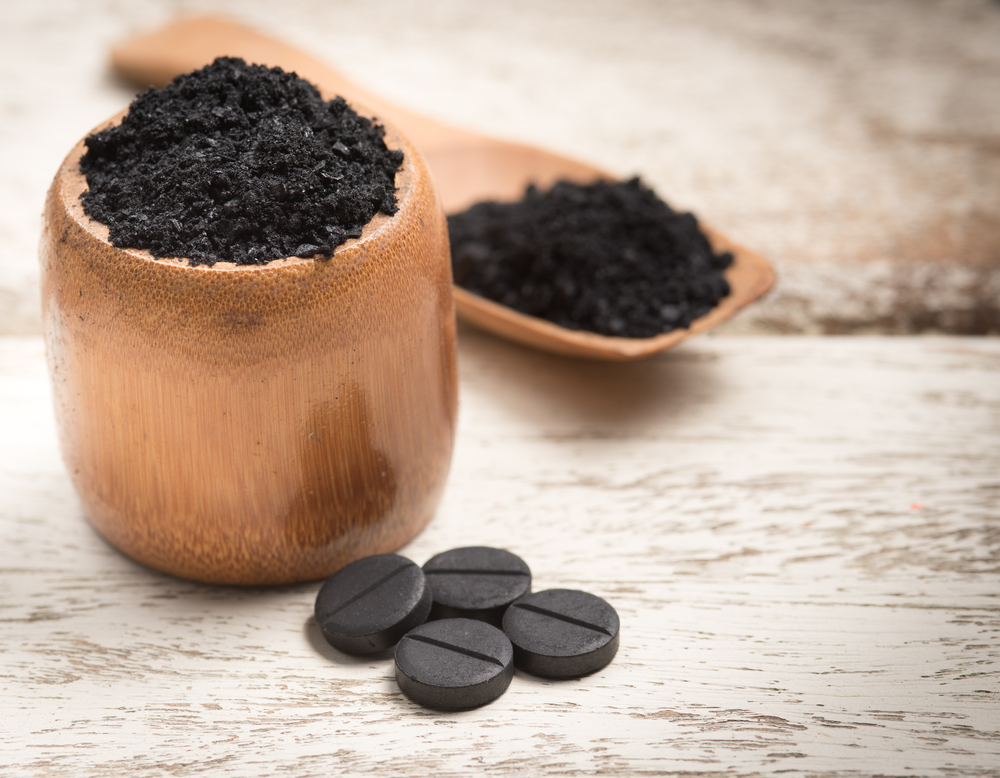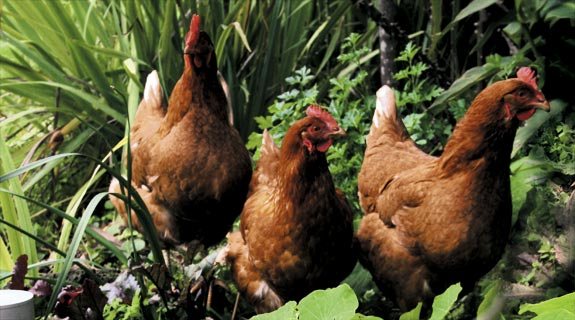Whether you want to live a long time or simply feel better, maintaining your hormones is key.
We have over 50 different hormones, coordinating mood, digestion, energy, menstruation, fertility and more.
But unfortunately, as we age, often these hormones can decline and our cellular receptor sites can become less responsive to the hormones we do have.
However, research shows that diet and lifestyle choices have the power to support the decline and minimise the effects of these hormonal changes as we age.
Probably the most obvious hormonal changes occurs for women as the ovaries stop producing oestrogen, ovulation stops and the body adapts to the new lower levels of oestrogen and progesterone.
This process is inevitable, but maintaining healthy hormonal levels before and after menopause helps make it a smooth transition.
Research now also points to testosterone decline in men as they age, referred to as andropause. Testosterone is key for maintaining muscle mass, metabolism, fat distribution and libido.
Meanwhile, the hormone insulin opens up the gates on the cells to allow glucose to move into the cells, therefore balancing the amount of glucose within the bloodstream and cells.
Eating too many sugary or simple carbohydrate foods causes consistently high blood sugar levels, resulting in consistently high levels of insulin.
Over time, the cells stop responding to the message of insulin and we develop insulin resistance, an early warning sign of type 2 diabetes.
Human growth hormone (GH) is also key. This plays a vital role in growth, body composition, cell repair and metabolism. Low GH levels may decrease your quality of life, increase your risk of disease and make you gain fat.

Focus on these four lifestyle factors to support all these hormones as we age:
Maintain a healthy weight (or more specifically a healthy body fat percentage). Increased body fat increases oestrogen production, lowers testosterone, lowers GH and increases the risk of insulin resistance.
To maintain a healthy weight, I’d recommend time-restricted eating: start by having a twelve-hour eating window a day and a twelve-hour fasting period (not recommended for diabetics).
Gradually extend to up to sixteen hours fasting, eight hours eating a day.
Exercise. Exercise raises testosterone and GH levels. It increases insulin sensitivity and greatly assists with weight management.
Exercise can also be a stress release that can help balance progesterone and oestrogen levels.
Sleep. For some people, this is the hardest lifestyle factor to keep consistent – but it’s one that has a profound impact on our health and hormones as we age.
GH and testosterone are primarily released at night and disrupted sleep is associated with lower levels.
Also, when we don’t sleep well, we tend to overeat the next day for energy, which impacts our insulin levels. Look to consistently get at least 7 hours of sleep a night.
Nutrients and herbs. The biochemical pathways and enzymes that produce hormones depend on nutrients. Unfortunately, as we age the enzymes aren’t as efficient.
Support them with a high-quality multi-vitamin, then use herbs to stimulate specific biochemical pathways to support hormone production further. For oestrogen, look for phyto-oestrogens (for not enough) and DIM and rosemary (for excess).
For testosterone, choose fenugreek and ashwagandha extracts and for GH, glutamine, glycine and arginine, particularly alongside exercise, have been shown to be supportive.





